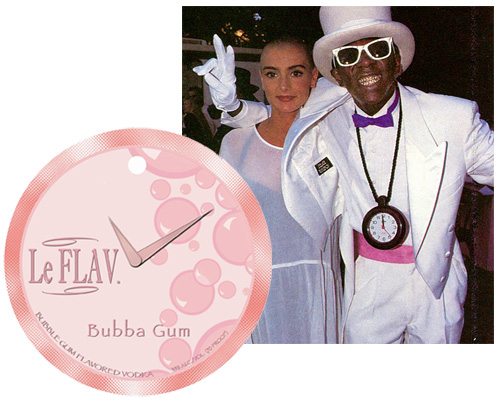I am glad we are not stuck in this era. Work would not be fun.
Many years ago, TTB/ATF contemplated putting such shackles on the alcohol beverage industry, with a proposal to ban “non-standard containers.” This old chestnut (from about 1999):
proposes to “standardize” the appearance of all alcohol beverage containers. The proposal would accomplish this by prohibiting “Any container that, by virtue of the material from which it is composed or by its shape or design, or that by its ordinary and customary use is likely to mislead the consumer as to the alcohol character of the product. . . .” The proposal expresses ATF’s concern about containers that might confuse consumers about the presence or absence of alcohol in any form. The proposal secondarily expresses concern about containers that might confuse consumers, regulators and the trade about the “alcohol character of the product.” This part of the rule could conceivably be used to prohibit a malt beverage from being packed in a container that looks like a wine bottle, or a distilled spirit cooler from being packed in a container that looks like a beer bottle.
I am delighted to report that this proposal got buried not too many years apart from when one of its foremost proponents got buried. We might otherwise be deprived of all these great ideas that make the industry more competitive, modern, vibrant and fun. A good and further example is Double Agent, as above (approved at Bendistillery, an excellent contract bottler for spirits in Bend, Oregon). The outer chamber is vodka and the inner chamber is liqueur. I am pretty sure nobody will mistake it for a juicebox. Another good example, along these lines, is Milagro Romance Tequila.
Don’t hold your breath, but if we get really creative, perhaps it would only take a few more decades to identify good reasons why this sort of thing should be prohibited (preferably well after the government is running big surpluses, unemployment is below 3%, and other priorities are well under control).






